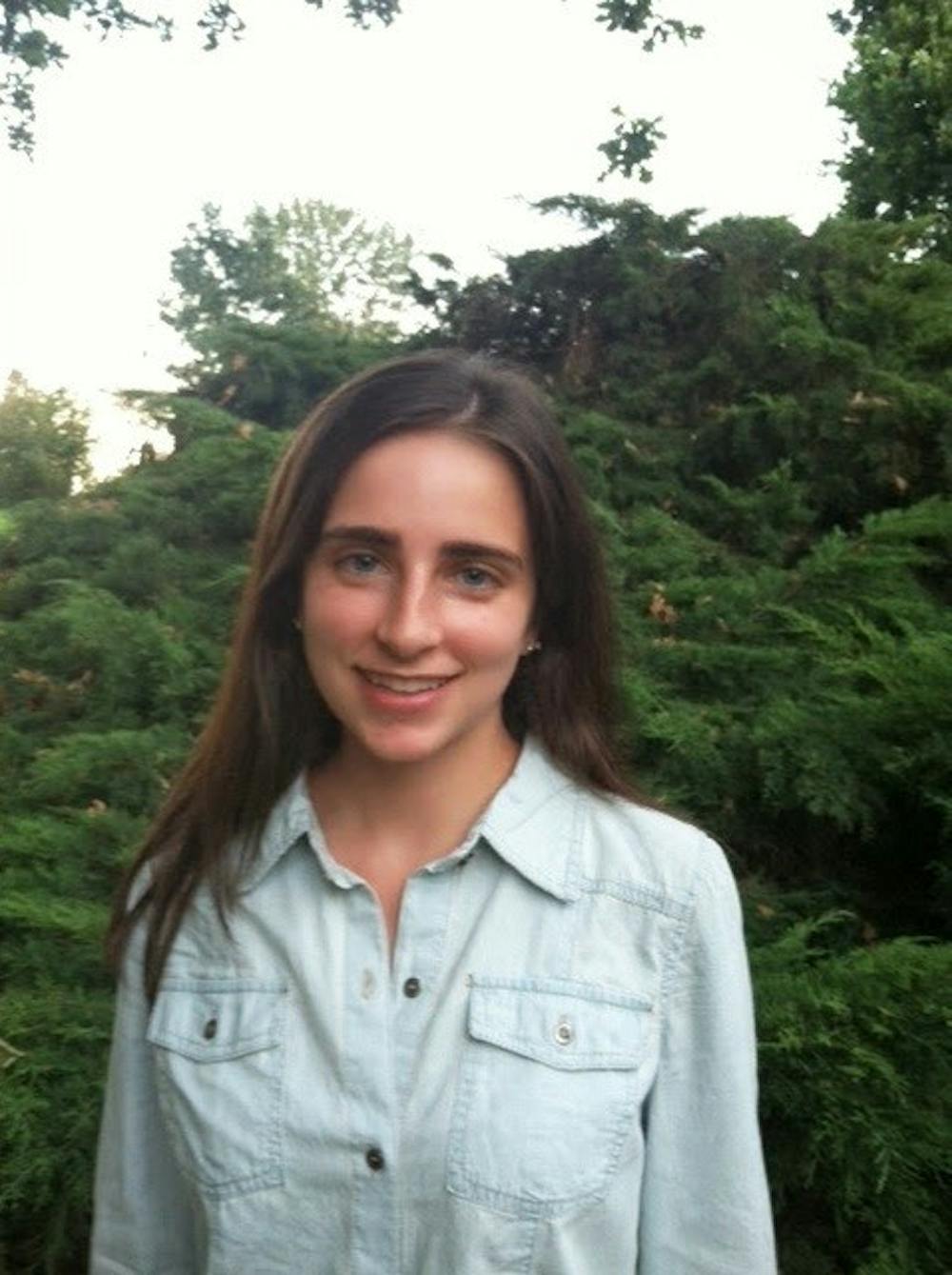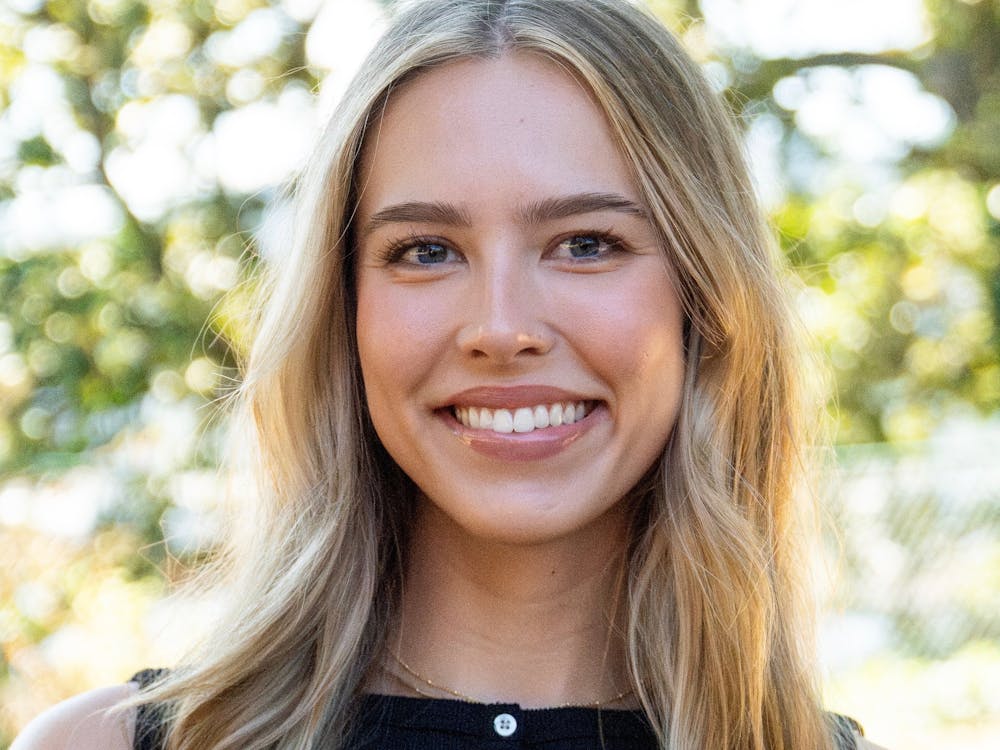It’s that awkward distance – you see someone you know walking toward you, but it’s both too soon and too late to acknowledge each other. Some deal with it by pulling out the phone, while others are unashamed to wave that entire minute.
What is the proper etiquette?
As a freshman, my roommates and I practiced how to walk by people. It was (mostly) an excuse to put off studying a little longer. One of us advised never smiling with our teeth – be coy, look down, just give them a little smile.
Though she wasn’t (too) serious and we laugh about it now, looking away seems to be something many of us do, whether from being too rushed, too stressed or too something that takes us out of the present.
It’s so easy, walking around, to feel separate; we see so many faces, but give very few a smile. Some of us wonder, Why smile at people if I don’t know their names? Why hold the door if they’re a few steps behind and I’m not expected to anyway?
Yet, as human beings, we share connections that won’t go away just by averting eye contact. Just how interconnected we are is pretty daunting if you start to think about it. Because it’s about more than just smiling at someone on a sidewalk. It’s that the carbon emissions of developed nations, like ours, have affected the water supplies and climates of developing nations on the other side of the globe. It’s that the kid perpetually left out at recess felt so alone he came to find himself standing atop a bridge in St. Johns, with only a police officer and not a friend to talk him down.
But the human effect goes both ways. I still remember my fifth grade teacher who greeted every student, every morning while walking into class. I remember how valued each of us felt, if only for a single minute.
Our actions, regardless of whether we acknowledge it, are impactful, whether to the people walking right beside us or people we’ll never meet.
It can be an overwhelming task, if undertaken at a global level, to be that change we wish to see. But those changes often aren’t all-encompassing anyway. Thinking back to the bus boycott of the 1950s in Montgomery, Ala., many African-Americans began with the simple decision to walk. Voices unheard, their actions became means for change.
I doubt any of us wake up thinking I’m about to make the world a better place today (except maybe the chipper people who thankfully drive the discussion in morning classes, but we can’t all be such morning people.) In rain jackets forever plastered to our arms, it is tempting to look down beneath heavy hoods, eyes tracing puddle to puddle as we draw inward. It is tempting to ignore passersby in favor of running through a growing list of assignments and meetings and dates and all the rest.
Yet when worries and to-do’s take precedence over people, I realize my priorities have shifted.
Those 1950s rebels who chose to walk likely didn’t feel as if they were making a life-changing decision. Neither will waving at that kid who sits next to me in class, or stopping to help a person whose napkin just fell on the floor. But it’s a ripple effect. Some people won’t wave back; some will give you those no-teeth-allowed smiles once recommended to me.
But I’ve found that something happens when I ask how someone is and take the time to really hear. Something happens when I thank the cashier.
To experience this something is addictive, life-changing even. Realizing how much potential is packed into such small actions is empowering. Individuals like Miep Gies and Gandhi who pause to look around inspire freedom and acceptance in us all.
Not only that, but they make long lines waiting for lunch seem to go a little faster. And they make our 97th day of rain seem not so wet – both of which are much needed.
Erika Murphy is a sophomore English and Spanish major. She can be reached at murphye15@up.edu.








